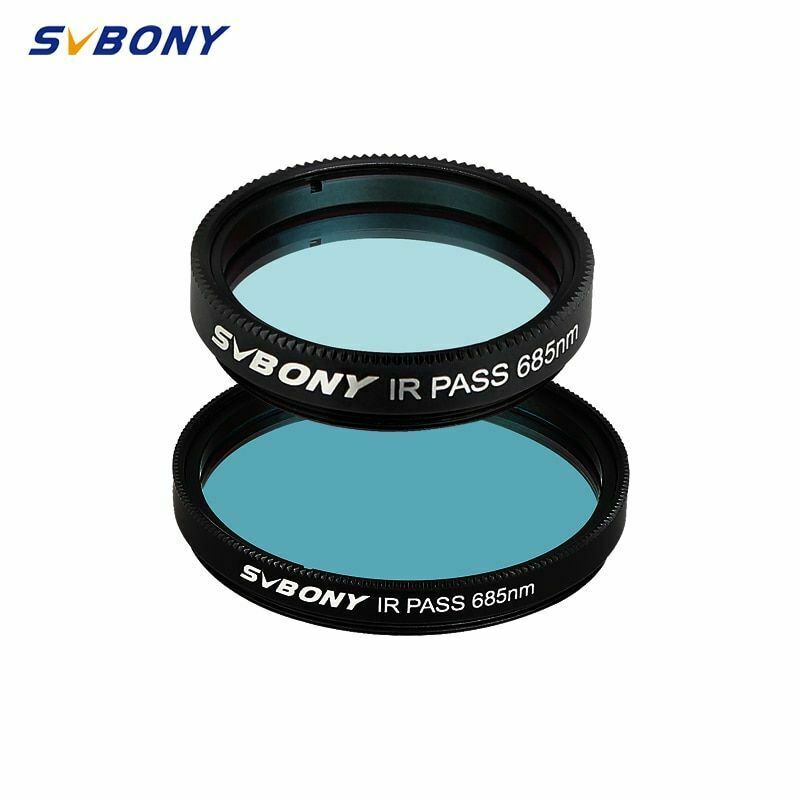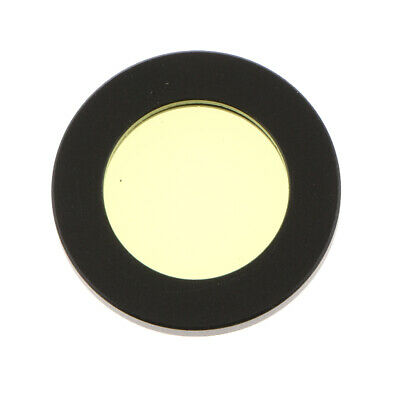-40%
Pass Filter Astrophotography Reduce Effects Planetary Contrast Enhancement
$ 27.57
- Description
- Size Guide
Description
Pass Filter Astrophotography Reduce Effects Planetary Contrast EnhancementFeature:
SVBONY delivers the latest tool in the planetary imager's bag of tricks. The SVBONY IR-Pass filter blocks wavelengths below 670 nm. At these longer wavelengths, planetary images are less disturbed by wavefront distortions in the atmosphere. By combining a luminance image taken with the IR-Pass filter, along with RGB frames, overall image sharpness is significantly enhanced. Some of the world's best amateur planetary images have been taken with this technique.
The IR-Pass filter shares the same outstanding features as all the other SVBONY filters. High optical quality, Striae-free substrate, and high efficiency multicoatings result in the sharpest and highest contrast image possible.
The IR-Pass filter shares the same outstanding features as all the other Baader filters. High optical quality, Striae-free substrate, and high efficiency multi-coatings result in the sharpest and highest contrast image possible.
SVBONY glass substrates are of true optical quality. Most other filters are merely made from raw flame-polished, "optically flat", or sometimes a top quality commercially polished filter glass (fine for camera filters), resulting in wavefront deformations that damage image sharpness and contrast when used with telescopes. SVBONY filters are made from striae-free substrates, and actually fine optically polished flat to within 1/4 wave p-v over the entire surface, plane parallel to within 30 seconds of arc! This important and unique custom step adds cost - but the result is a filter that maintains the full wavefront quality of the telescope without double images or ghosting, even at high magnifications. Critical to maintaining this level of flatness are SVBONY's carefully balanced coating designs, which prevent coating surface stresses from warping the substrate. Such high flatness enables SVBONY filters to be used far in front of the focal plane, ahead of star diagonals and digital cameras.
















